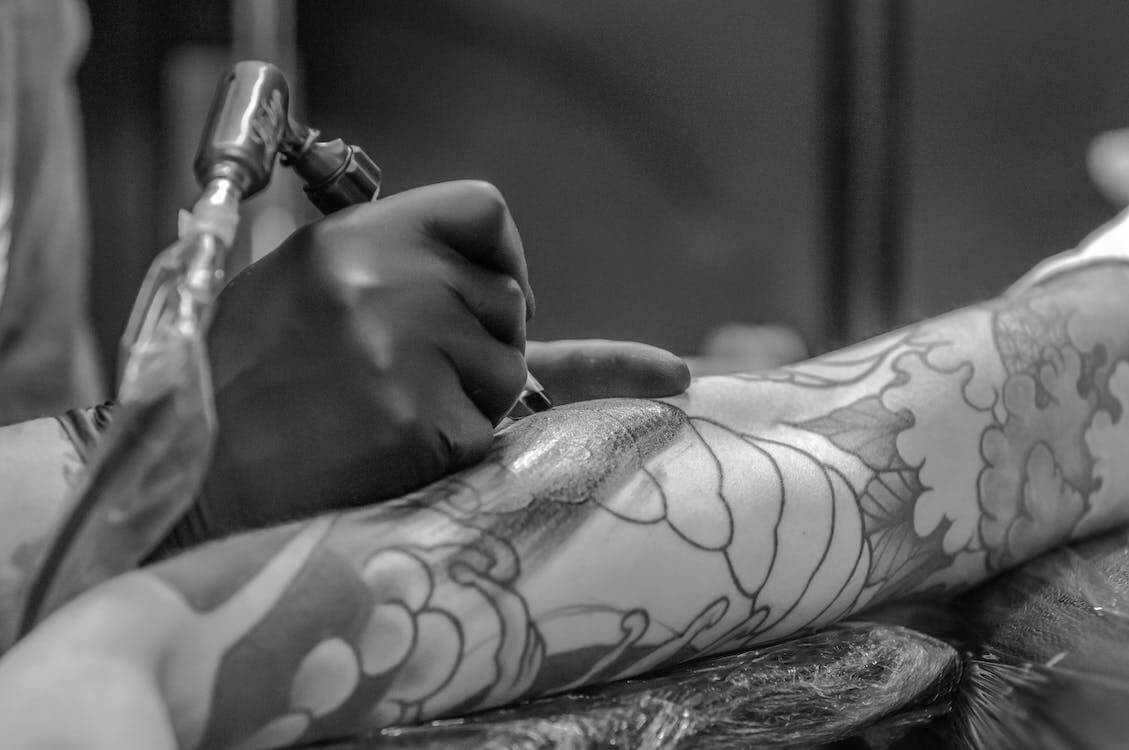IP Trends to Consider in 2024
As we step into 2024, intellectual property law is poised for dynamic changes, driven by technological advancements, global shifts, and evolving legal landscapes. Cislo & Thomas wants you to be informed of key trends to consider as you navigate this new year.
Software Patentability: Defining patentable subject matter still a must remains when involving software inventions, specifically as the Supreme Court continues to refuse to take on any cases to clarify patentability parameters.
Biotech Inventions: Patenting biotech inventions will continue to get more difficult after the Supreme Court Amgen decision, in which the Court invalidated Amgen’s patent for failing to provide enough information to enable others to make and use the entire class of antibodies covered by the patent.
Focus on Trade Secrets: As technology changes more quickly using artificial intelligence, safeguarding trade secrets will gain increased importance as companies recognize the intrinsic value of proprietary information. Robust strategies for identifying, managing, and legally protecting trade secrets will be essential, emphasizing the need for comprehensive trade secret protection frameworks.
Defining Ownership Involving AI: The exponential growth of digital technologies and artificial intelligence continues to transform industries. In 2024, we anticipate heightened discussions surrounding the ownership, protection, and enforcement of AI-generated inventions. As AI becomes a driving force behind innovations, questions of attribution and patent eligibility will likely take center stage.
Global Patent System Changes: Patent systems worldwide are expected to undergo reforms and adjustments to streamline processes, harmonize regulations, and accommodate emerging technologies. These changes aim to create a more cohesive and responsive framework for the rapidly evolving nature of innovation.
Data Privacy and IP: The intersection of data privacy regulations and IP considerations is becoming increasingly relevant. In areas where personal data is intricately linked to innovative technologies or business processes, navigating the complexities of data privacy laws alongside IP protection will be imperative.
As businesses and innovators venture into the intellectual property landscape of 2024, staying informed and adapting strategies to these anticipated trends will be key to success. At Cislo & Thomas, we can support and empower you to embrace innovation and safeguard your business’ intellectual assets as we move forward in this new year.
Caution In Filing For Trademark Protection in China
Takeaway: Aligning trademarks with actual use is crucial in China to prevent challenges and potential infringement risks. Registering both plain and logo marks is recommended for comprehensive protection, with considerations for flexibility in use and color variations.
When filing trademarks in China, it is advisable to match them with their actual use to prevent challenges on grounds of non-use. Deviating from this alignment poses risks, as the use of a trademark in a different form may not be considered valid. This could lead to challenges from third parties and potential infringement risks.
To bolster defensive measures, securing a registration for a plain word mark is recommended. This not only enhances the ability to block similar applications but also supports enforcement actions when needed.
The choice between a plain word mark and a logo mark hinges on the client’s intended use. If both forms are anticipated, obtaining registrations for both ensures comprehensive protection. In cases where a client plans to use both a logo mark and a plain character mark, registering both becomes crucial for flexibility in use and defense against challenges.
Apple to Disable Blood-Oxygen Feature in U.S. Apple Watches Amid Patent Dispute
Takeaway: Due to a patent dispute with Masimo, Apple will disable the blood-oxygen monitoring feature on its Apple Watch Series 9 and Ultra 2 in the U.S.

Apple will disable the blood-oxygen monitoring feature on its Apple Watch Series 9 and Ultra 2 models in the U.S. due to a court-ordered revival of a sales ban resulting from a patent dispute with medical technology company Masimo.
The U.S. International Trade Commission had ruled in October 2023 that the blood-oxygen sensor in these Apple Watch models infringed on Masimo’s patents. Apple, confident of winning the appeal, will continue selling the watches in the U.S. with the Blood Oxygen icon present but the functionality disabled. Users who have already purchased the watches can still use the blood-oxygen sensor.
Supreme Court Declines Review of Amazon Resellers’ Jurisdiction Dispute in Trademark Infringement Case
Takeaway: The U.S. Supreme Court declined to review a case in which the Ninth Circuit had determined that Amazon resellers could face trademark infringement lawsuits in Arizona. This decision arose from a complaint by Herbal Brands Inc., with the resellers presenting an argument centered around a jurisdictional divide linked to nationwide shipping.

The U.S. Supreme Court has opted not to review a case in which the Ninth Circuit determined that Amazon resellers could face trademark infringement lawsuits in Arizona.
Seven Amazon.com Inc. resellers argued a jurisdictional split and urged the Supreme Court to resolve the issue, contending that shipping products nationally through Amazon should not establish a substantial connection with every state. The case originated from a complaint by Herbal Brands Inc., a health and wellness products seller, alleging trademark infringement by New York-based resellers in Arizona.
The Ninth Circuit revived the lawsuit last year, stating that the unauthorized resellers’ sales to customers in Arizona were sufficient to establish jurisdiction. In response, the resellers asserted a circuit split, citing decisions by the Fifth and Eighth Circuits against jurisdiction based on nationwide shipping, while the Second and Seventh Circuits supported it. Herbal Brands countered that the circuits differed only on the narrow issue of whether a single sale into the forum state could establish jurisdiction.
The Supreme Court’s decision not to review the case aligns with Herbal Brands’ position and sets guidelines for online sales’ jurisdiction based on specific personal jurisdiction rules.
Further, this important case proves unique advantage of trials in the Ninth Circuit, as the Supreme Court’s review suggested alignment with decisions that come out of the Ninth Circuit. Cislo & Thomas is specifically skilled in trials in the Ninth Circuit, and we are available to assist you and our business if you are involved in a landmark case.
Celebrity Tattoo Artist Wins Legal Battle Over Miles Davis Ink, Testing Fair Use Post-Warhol Decision
Takeaway: Celebrity tattoo artist Kat Von D defeated accusations of unlawfully using a copyrighted photograph as a reference for a Miles Davis tattoo, marking a new set of cases to test the “transformative” nature of a derivative work post-Warhol decision.

Celebrity tattoo artist Kat Von D fought and won a copyright case, defeating accusations that her tattoo reproduction of a photo of the jazz musician Miles Davis was not transformative and thus violating copyright law.
This legal dispute is significant as it marks one of the initial cases since the U.S. Supreme Court’s 2023 decision in Andy Warhol Foundation v. Goldsmith, which concluded that a Warhol silkscreen based on a photograph of Prince was not fair use due to a shared commercial purpose.
The trial involved the question of whether Von D’s use of the portrait was transformative, considering her argument that she changed its appearance to add movement and a more melancholy aesthetic. New cases like this raise complexities around fair use, commercial purpose, and the evolving legal landscape for derivative works in the realm of copyright law.
Michael Jackson’s Estate Takes Legal Action Against MJL 12 Over ‘MJ Live’ Show in Las Vegas
Takeaway: Nevada entertainment company MJL 12 faces a lawsuit from Michael Jackson’s estate over its “MJ Live” tribute show in Las Vegas, with the estate alleging potential consumer confusion.

A Nevada entertainment company, MJL 12, is facing a trademark lawsuit from Michael Jackson’s estate over the “MJ Live” tribute show in Las Vegas, with the estate claiming that the use of “MJ” and imagery could mislead consumers into thinking it’s endorsed by the pop icon’s estate. MJL 12 argues that its “MJ LIVE” trademark, established since 2012, is synonymous with their organization, and the estate’s 2019 trademark application signals future use rather than reflecting prior use. Cease-and-desist notices have reportedly impacted MJL 12’s operations, and discussions are ongoing to find a resolution.
Cislo & Thomas LLP Spotlight
Cislo & Thomas LLP: Billing Update
At Cislo & Thomas LLP, we continuously strive to provide the best legal counsel and Quality Client Care® to all of our clients. We take pride in helping your business achieve its intellectual property goals.
As we enter 2024, we are notifying all clients of Cislo & Thomas LLP of recent updates to our firm’s billing rates. The firm rates will be increasing by up to 8% in 2024 to accommodate for inflation and USPTO rate changes.
If you have any questions, please call our billing department at (310) 979-9190 Extension 241.



